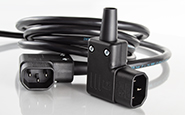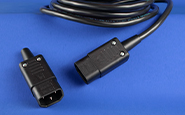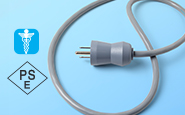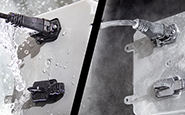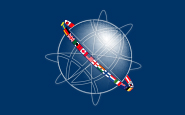Interpower’s Answers to Commonly Asked Questions—Multiple Plug Patterns Within a Country—How to Choose the Correct One
 At the Interpower Group of Companies, we have real people answering the phones. No recorded messages. As a result, we receive a number of interesting product design questions. Usually if a question has been asked by one person, it means that others also have the same question. So to assist you, we will be sharing a few of the commonly asked questions, complete with answers. Be sure to follow our series, “Interpower’s Answers to Commonly Asked Questions.”
At the Interpower Group of Companies, we have real people answering the phones. No recorded messages. As a result, we receive a number of interesting product design questions. Usually if a question has been asked by one person, it means that others also have the same question. So to assist you, we will be sharing a few of the commonly asked questions, complete with answers. Be sure to follow our series, “Interpower’s Answers to Commonly Asked Questions.”
Question:
If a country uses multiple plug patterns, why can’t you tell me which one to use?
Key points:
- A variety of plug patterns are used throughout the world
Answer:
Rob Taylor, VP New Product Development and Quality Assurance, explains why there is not a set answer to this question.
“This question gets complicated because many countries around the world have historically had a number of outside influences which have contributed to allowing more than one plug pattern,” Taylor said. “One example is Vietnam in Southeast Asia. This country has had the influence of several countries in its history. As a result, it uses the Continental European, the Europlug, the North American NEMA, and the France/Belgium plug patterns. Another example is Tahiti. It uses a number of different plug patterns, such as the Continental European and North American NEMA.”
Plug patterns differ by countries in shape and size with different functions. Each type also adheres to different national and/or international standards which dictate physical and electrical characteristics. “When there are several different plug patterns available within a country, we recommend that you contact your customer in that specific country to see which plug type is being used where the equipment is being sent,” Taylor said.
To help you determine which plug is used per specific country, Interpower’s Guide to Worldwide Plug/Socket Patterns and Power Mains (single phase) is a helpful tool. Not only does it help you determine the plug type used, but it also gives the voltage and frequency for that specific country.
If you have other questions, Interpower offers free technical support. You can check the website at www.interpower.com, e-mail sales@interpower.com (United States) or uk@interpower.com (United Kingdom) or contact Customer Service in the United States at (800) 662-2290 or in the United Kingdom at +44 (0)1908 295300.
If you have ideas for future InfoPower blogs, please e-mail infopower@interpower.com.


